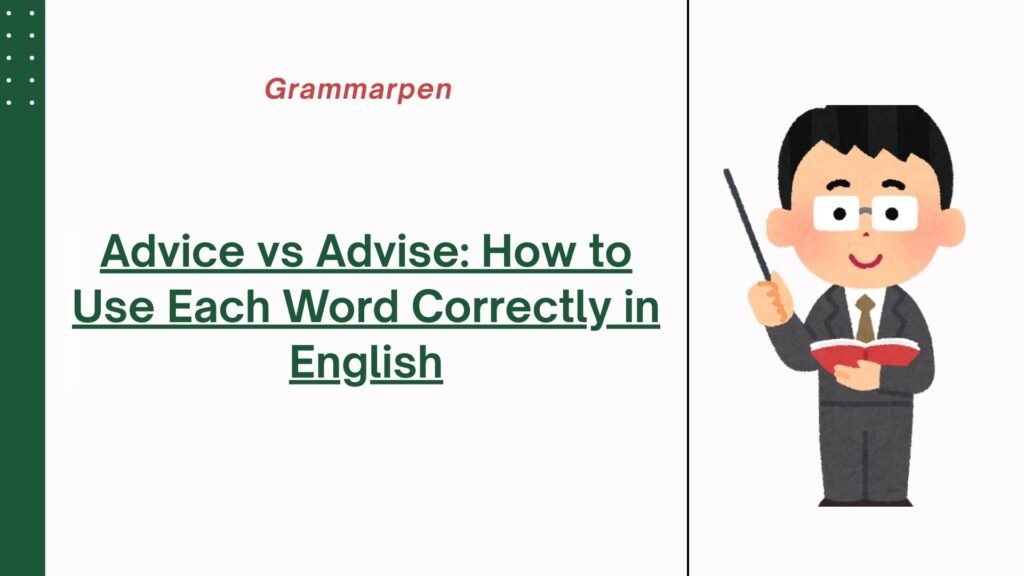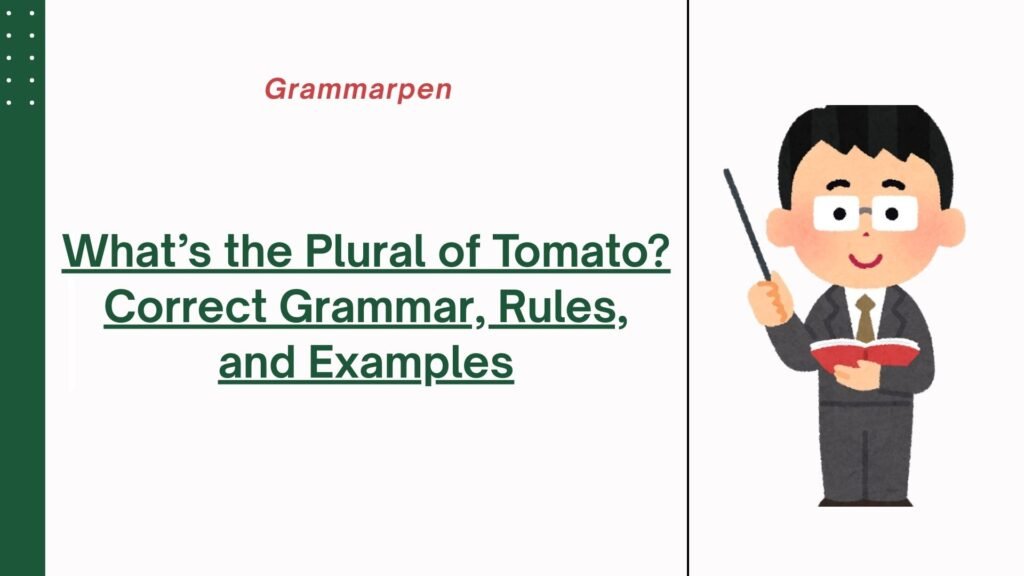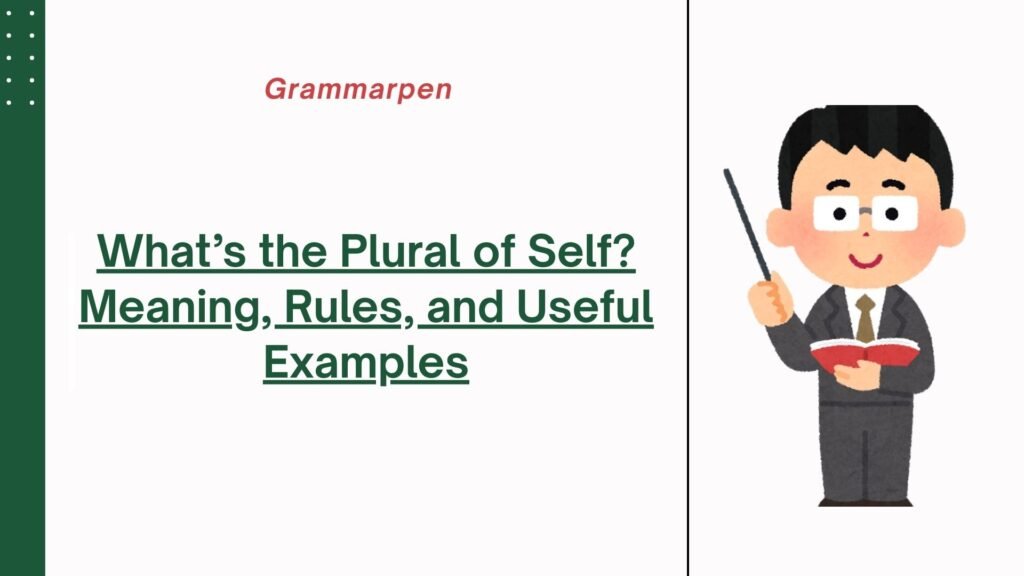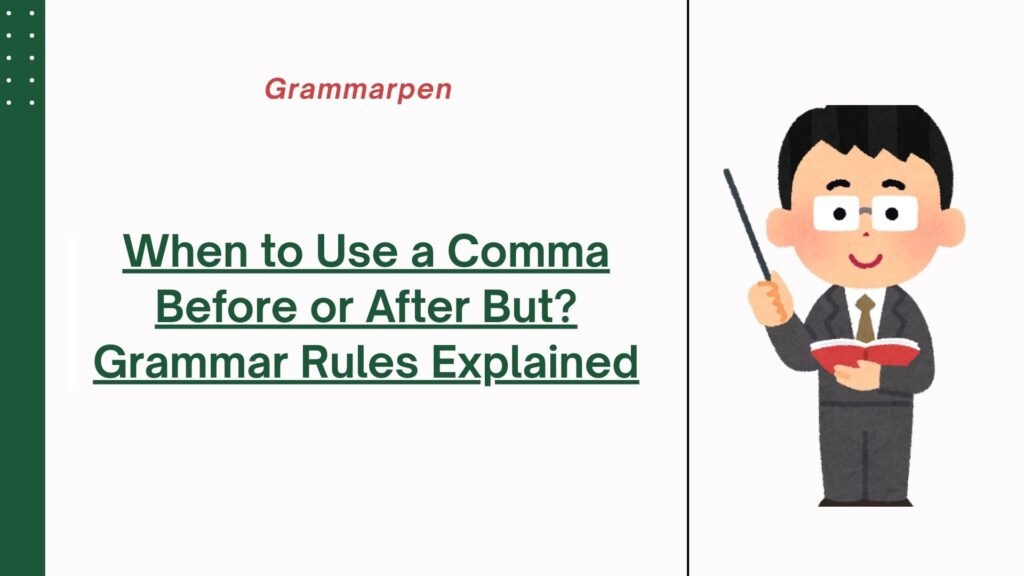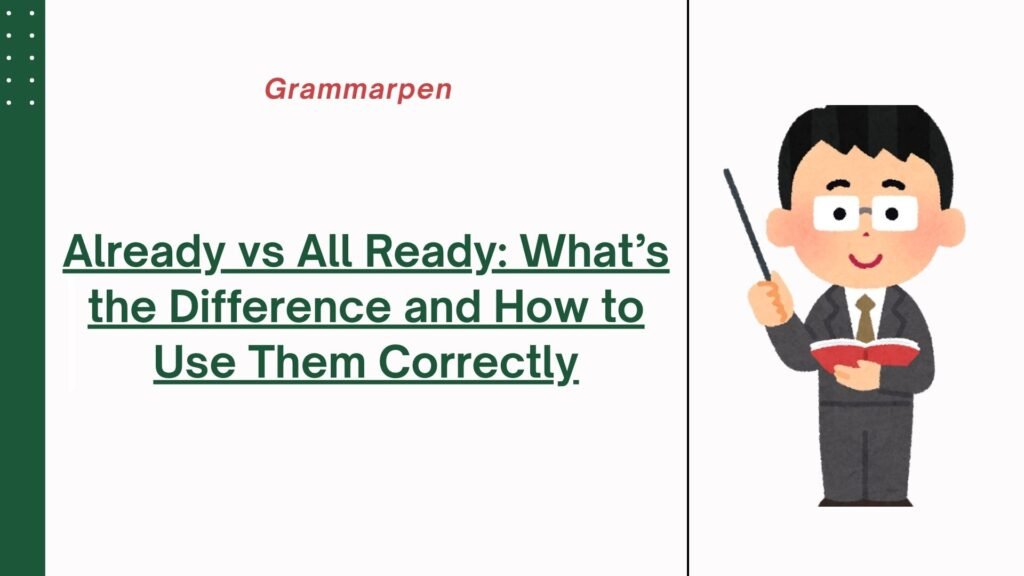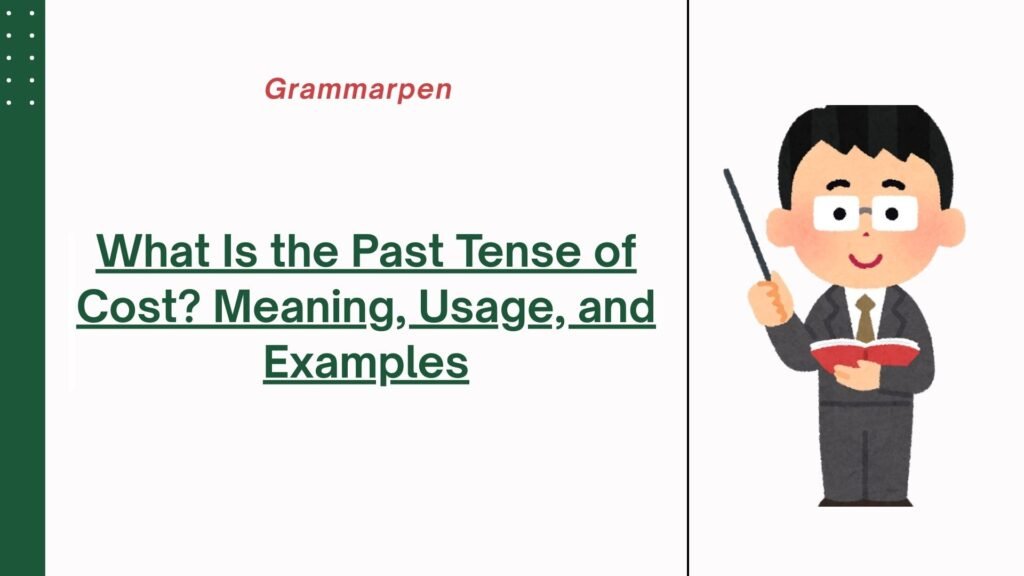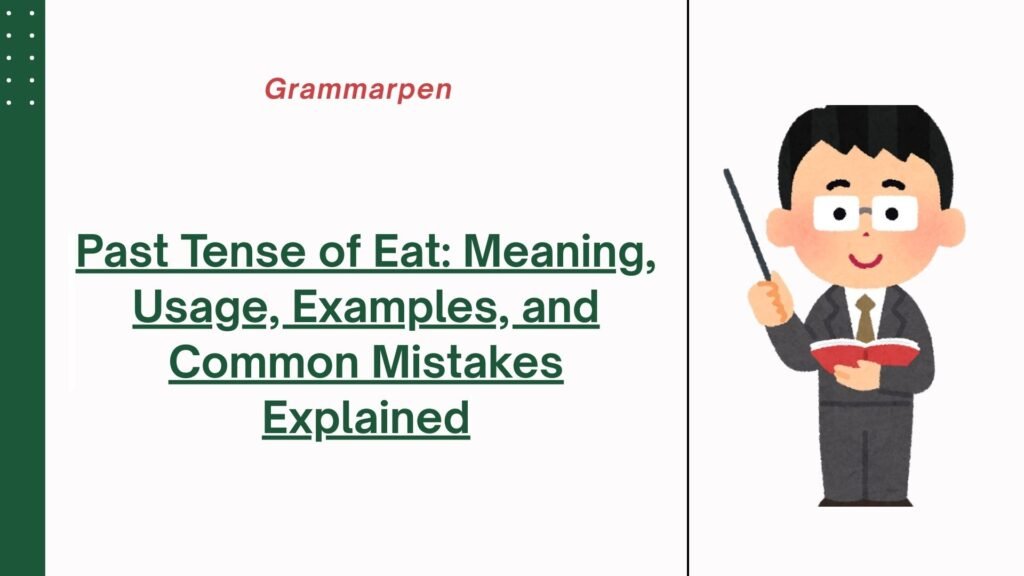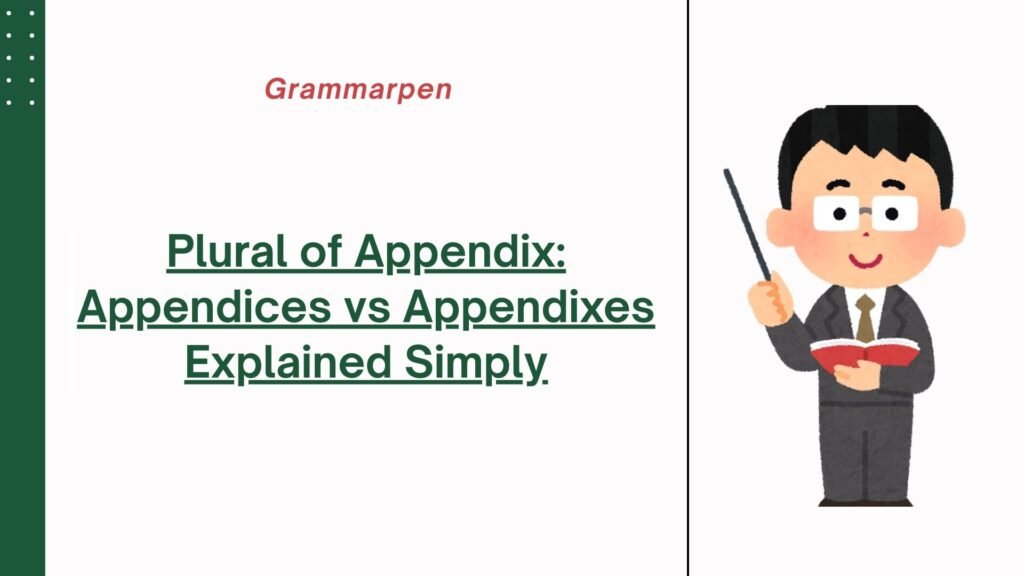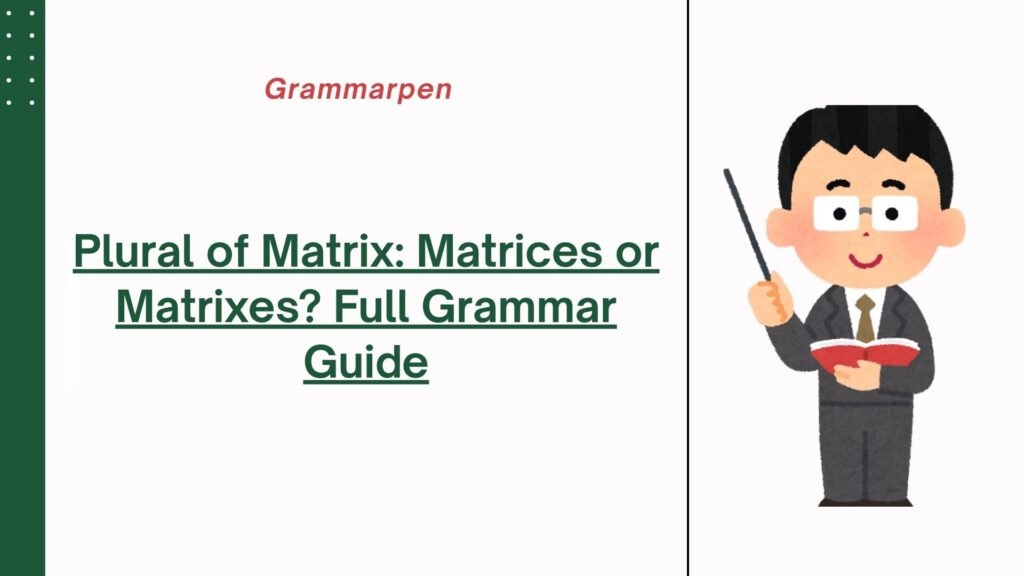Advice vs Advise: How to Use Each Word Correctly in English
The words advice and advise look almost the same, yet they serve very different purposes in English. Many learners, and even native speakers, confuse them because the spelling is close and the pronunciation is subtle. However, once you understand the role of each word, the distinction becomes clear and easy to remember. This article explains…
Read more

